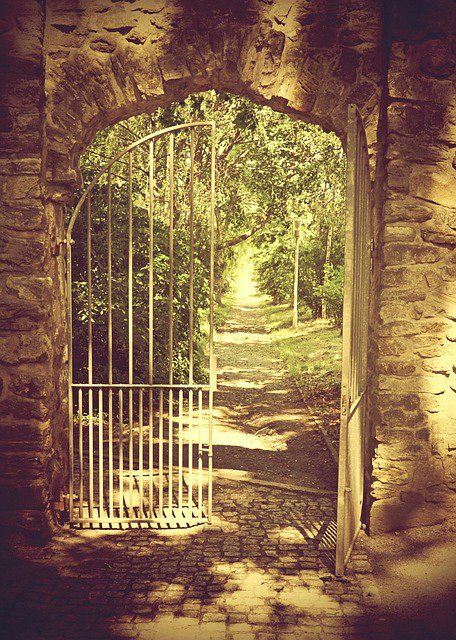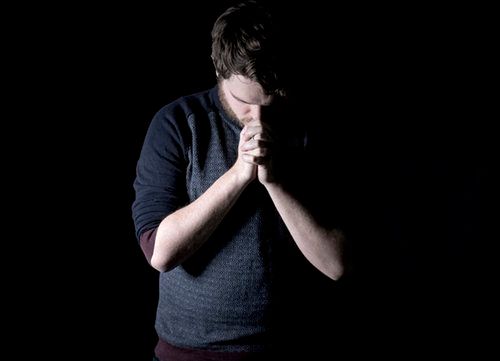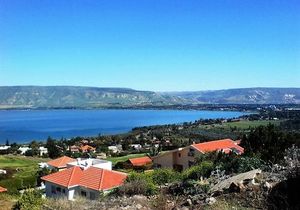Last month we began to consider what I called ‘the geography of glory’. Continuing this theme we now come to verses 9-21 of Revelation 21, which picture heaven as a glorious city.
These verses recapitulate and expand upon 21:2 in order to show us something of the glorious construction of the new Jerusalem.
Bear in mind that this is a vision, not a video! The angel himself lays down the interpretative principle we are to apply to his description of the city: ‘Come, I will show you the bride…’ (21:9).
This city is the church triumphant in heaven, and soon to be situated on the new earth. We are not being given a street-plan of heaven, but a symbolic evocation of the corporate life of the people of God.
That is not to say that there will not be a visible city of God in space and (endless) time. The new earth will be three-dimensional, with a real city in a real creation with real people in real physical bodies living in real dwellings.
Light and safe
This city has three leading features. They are as follows.
Firstly, it is full of light (v. 11). It is illuminated by the glory of God and Jesus is its lamp. The sun and the moon are not needed and there is no more night (v. 23,25). This is more than physical illumination, although it is that. It is also the complete triumph of spiritual light – light as opposed to darkness – representing truth and righteousness over against the now-banished powers of evil.
Secondly, it is safe and secure (vv. 12-14,25). There are massive walls, but they are not needed for defence. There are gates made each of a single pearl, guarded by angels (the ‘pearly gates’ of jokes and cartoons).

The gates are never closed. We are not besieged. The whole new universe of glory will be ours, with neither danger nor hindrance. This tells us that the kingship of Christ will then be without challenge of any kind. Indeed, ‘the kings of the earth bring their glory and honour into it’ (v. 24; Revelation 11:15).
He has delivered us ‘from the evil one’ for his is ‘the kingdom and the power and the glory for ever’ (Matthew 6:13).
Imposing
Thirdly, the city is magnificent and imposing (vv. 15-21). It is constructed with precious stones and gold. The city is 1,500 miles square and covers an area of 2.25 million square miles – about equal to most of the USA east of the Mississippi.
It would provide enough room, says John MacArthur, to house about 11 billion people! (The glory of Heaven, pp. 107-108).
The point is not that we should estimate the number of the elect, but that there will be space enough in heaven for them all. ‘In my Father’s house’, said Jesus, ‘are many mansions’ (John 14:2).
The city is also 1,500 miles high, which makes it a cube rising way up into space. Again, remember this is a vision, not an artist’s impression. The symbolism comes to life when you realise that the Holy of Holies in Solomon’s Temple was also a cube, but only 30 feet each way (1 Kings 6:20).
The New Jerusalem is the new Holy of Holies, the place where God dwells in covenant among his people. He and the Lamb are the final temple (v. 22), ‘the tabernacle of God’ that is forever ‘with men’ (v. 3).
This is ‘man’s chief end’ come to fulfilment, namely, ‘to glorify God, and to enjoy him for ever’ (Shorter Catechism 1). Is this your goal for your life?
Inhabited
Who will inhabit heaven? The vision provides its own answer. The inhabitants will be those who are ‘the bride’ of Christ (v. 2).
The fact that the gates of the city are named for the twelve tribes of Israel, and the foundations of the walls for the twelve apostles (vv. 12-14), indicates that a redeemed citizenry is in view, that is, those whose names ‘are written in the Lamb’s book of life’ (v. 27).
This is confirmed by three distinct emphases in the passage, the last of which is a call to people of every era to repent of sin and believe in the Lord.

Firstly, God comes to us for ever: ‘God himself will be with them and be their God’ (v. 3). The relationship between God and (the new) humanity is resolved completely and permanently by his unhindered presence and fellowship with them.
They, for their part, are reconciled through ‘the blood of the everlasting covenant’ in Jesus Christ (Hebrews 13:20).
Secondly, God saves us from all evil, and salvation comes to its final victory: ‘God will wipe away every tear … [and] make all things new’ (vv. 4-5). The condition of God’s people will be resolved fully and permanently by the removal of all the effects of sin and its corruption. There will be no death, sorrow, crying or pain.
Believing
Thirdly, God calls us to account even now (vv. 6-8). The application is that every one of us is accountable to the sovereign God right now. On which side of God’s victory will you end up?
As we might expect in a vision of the final consummation of God’s plan for mankind, the destinies of believers and unbelievers are set out in relentless certitude and as accomplished fact: ‘It is done! I am the Alpha and the Omega, the Beginning and the End’.
Nevertheless, the door is left open for anyone who will listen to God.
In the first place, God promises new life to all who will come to him: ‘I will give of the fountain of the water of life freely to him who thirsts’ (v. 6). He is ‘the fountain of living waters’ (Jeremiah 2:13; 17:13), and that fountain is opened in Christ (Zechariah 13:1).
Jesus declares that those who believe in him will never hunger or thirst (John 4:14; 6:35). He puts the responsibility where it belongs.
Do you thirst for salvation from your sins and eternal life? Will you, like the gaoler in Philippi, believe in the Lord Jesus Christ that youmight be saved (Acts 16:31)?

Overcoming
In the second place, God promises each believer that he will ‘inherit all things’ as his adopted child and heir (v. 7). Christ is not ashamed to call those who believe in him his ‘brothers’ (Hebrews 2:11).
The emphasis is that a believer is one who ‘overcomes’ (v. 7). This stresses that a living faith persists and presses toward the goal of the upward call of God in Christ Jesus (Philippians 3:14).
The believing soul has ‘the Spirit of adoption by whom we cry out, “Abba, Father”‘. For ‘The Spirit himself bears witness with our spirit that we are children of God, and if children, then heirs – heirs of God and joint heirs with Christ, if indeed we suffer with him, that we may also be glorified together’ (Romans 8:15-17).
Eternal destiny
Finally, God reminds us of the default destination for those who will not repent (v. 8). The unrepentant and unbelieving will be ‘turned into hell’ (Psalm 9:17). This is the ‘second death’ – the unending state of spiritual deadness under God’s righteous judgement.
This is a sombre note on which to end a section on how all things are to be made new. The drama of the moment, however, has the clear intent of underlining the urgency of the issue for every living human being.
The coming of Christ, and the revealing of the new heaven and new earth, may yet be long delayed in terms of human history. But the eternal destiny of those who are alive today will be settled in a very short time (anything from minutes to decades!).
This is a blink of God’s eye. If we have any sense at all, we must know that the moment of decision is upon us. We must close with Christ and embrace him as our Saviour.
Peter urges us to make the proper application in our lives:
‘Therefore, since all these will be dissolved, what manner of persons ought you to be in holy conduct and godliness, looking for and hastening the coming of the day of God, because of which the heavens will be dissolved, being on fire, and the elements will melt with fervent heat?
‘Nevertheless we, according to his promise, look for new heavens and a new earth in which righteousness dwells’ (2 Peter 3:11-13).

















